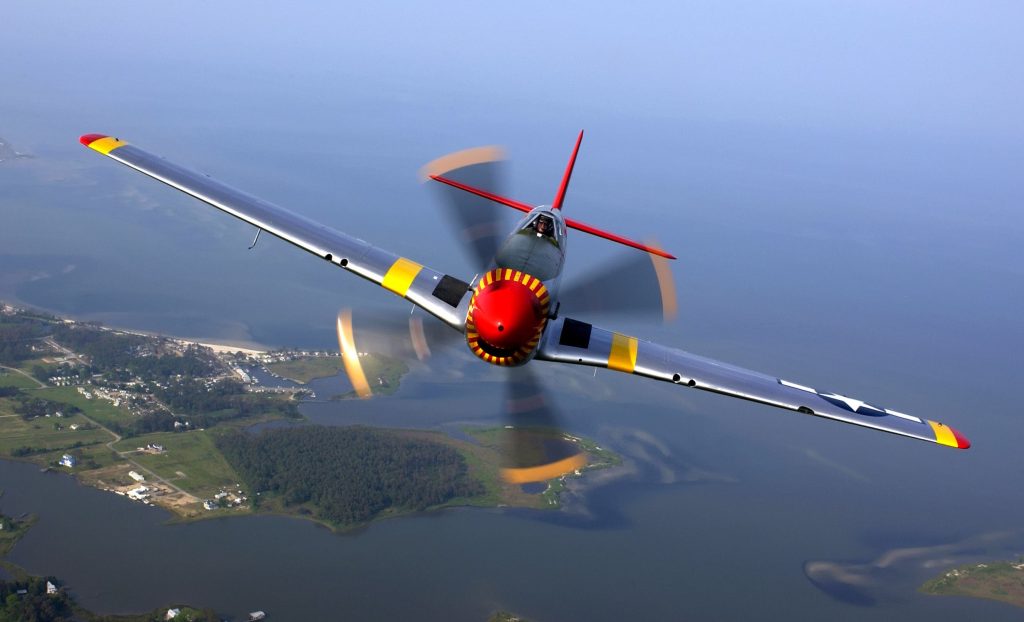Is Plane Flying a Sport?
Introduction: Is Plane Flying a Sport?
Plane flying, once solely associated with transportation, has transformed into a thrilling and competitive sport that captures the imagination of enthusiasts worldwide. In this article, we delve into the dynamic realm of plane flying as a sport, exploring its evolution, characteristics, competitions, and the unique community it fosters.

The Evolution of Plane Flying
Early Days of Aviation
In the early 20th century, aviation pioneers like the Wright brothers paved the way for human flight. Initially, planes were a mode of transportation, but as technology advanced, so did the possibilities.
Transformation into a Sport
The post-World War I era witnessed a surge in aviation enthusiasm. The surplus of aircraft and skilled pilots led to the organization of air races, marking the beginning of plane flying as a sport.
Characteristics of Plane Flying as a Sport
Skill and Precision
Plane flying demands exceptional skill and precision. Pilots navigate through challenging maneuvers, showcasing their expertise in controlling the aircraft with finesse.
Competitive Nature
What sets plane flying apart is its inherently competitive nature. Pilots strive to outperform each other in various disciplines, creating an adrenaline-fueled spectacle.
Popular Plane Flying Competitions
Air Races
Air races, such as the famous Reno Air Races, attract pilots and spectators alike. These events showcase high-speed, low-altitude racing, testing the limits of both man and machine.
Aerobatic Competitions
Aerobatic competitions focus on the artistic and precise execution of maneuvers. Pilots choreograph breathtaking routines that push the boundaries of what aircraft can achieve.
Training and Skill Development
Pilot Training Programs
Becoming a skilled pilot requires rigorous training. Specialized programs emphasize both theoretical knowledge and hands-on experience, ensuring pilots are well-equipped for the challenges of competitive flying.
Skill Requirements
From mastering complex maneuvers to understanding aerodynamics, plane flying demands a diverse skill set. Pilots continually hone their abilities to stay at the forefront of the sport.
The Thrill of the Skies
Adrenaline Rush
Plane flying offers a unique adrenaline rush. The combination of speed, altitude changes, and precision maneuvers creates an experience unlike any other in the world of sports.
Challenges Faced by Pilots
Pilots face numerous challenges, from unpredictable weather conditions to technical malfunctions. Overcoming these obstacles adds an extra layer of excitement to the sport.
The Role of Technology
Modern Aircraft Advancements
Advancements in technology have significantly impacted plane flying. Modern aircraft are equipped with cutting-edge features, enhancing both safety and performance in competitions.
Impact on Competitions
Technology has elevated the level of competition, pushing pilots to explore new possibilities. GPS systems, advanced navigation tools, and innovative materials contribute to the evolution of the sport.

Plane Flying vs. Traditional Sports
Unique Aspects of Plane Flying
Unlike traditional sports, plane flying combines elements of skill, precision, and technology in an ever-changing environment. The three-dimensional aspect adds complexity and excitement.
Global Appeal
Plane flying transcends cultural boundaries, attracting a global audience. Major competitions draw participants and spectators from around the world, contributing to the sport’s universal appeal.
Safety Measures in Plane Flying
Regulations and Standards
Stringent regulations and safety standards govern plane flying. These measures ensure the well-being of pilots and contribute to the overall integrity of the sport.
Pilot Safety Protocols
Pilots undergo rigorous safety training, preparing them for emergencies and unexpected situations. The commitment to safety is paramount in the world of competitive plane flying.
Plane Flying Community and Culture
Enthusiast Gatherings
Beyond competitions, plane flying fosters a vibrant community. Enthusiast gatherings, airshows, and collaborative events create a sense of camaraderie among pilots and fans.
Supportive Community
The plane flying community is known for its supportiveness. Experienced pilots often mentor newcomers, fostering a culture of continuous learning and improvement.
Future Prospects of Plane Flying as a Sport
Emerging Trends
As technology continues to advance, new trends in plane flying are on the horizon. Electric aircraft, augmented reality, and innovative competition formats promise an exciting future for the sport.
Inclusion in Major Sporting Events
The potential for plane flying to be included in major sporting events is gaining traction. The unique spectacle it offers could make it a compelling addition to the global sports landscape.
Myths and Misconceptions
Addressing Common Misbeliefs
Plane flying is sometimes misunderstood. Dispelling common myths and misconceptions is essential for fostering a deeper understanding of the sport.
Clarifying Stereotypes
Stereotypes about plane flying often portray it as a niche activity. Breaking down these stereotypes reveals the diverse and inclusive nature of the plane flying community.
Inspiring Stories of Plane Flying Athletes
Notable Pilots
Highlighting the achievements of notable pilots showcases the dedication and skill required to excel in competitive plane flying.
Overcoming Challenges
Behind every pilot’s success are stories of perseverance and overcoming challenges. These narratives inspire the next generation of aspiring aviators.
Conclusion
In conclusion, plane flying is not merely a mode of transportation but a dynamic and exhilarating sport. Its evolution, competitive nature, and global appeal make it a unique addition to the world of sports. As technology continues to propel the sport forward, the future looks promising for plane flying enthusiasts worldwide.




Leave a comment